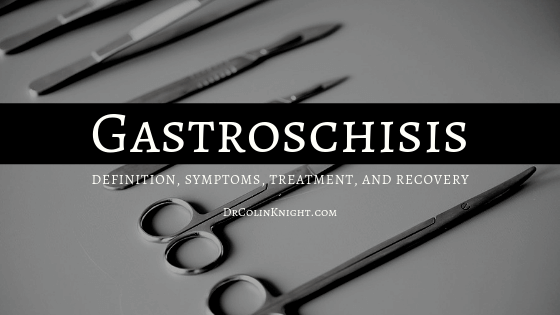Though uncommon, gastroschisis is a birth defect that can cause significant health consequences for infants born with the condition.
What is This Condition?
Gastroschisis occurs when a hole develops in an unborn baby’s abdominal wall. In most instances, the presence of abdominal opening causes the intestines of impacted babies to protrude outside their bodies. However, if the hole is larger, other internal organs such as the liver and stomach might also protrude outside the infant’s body. Typically, the condition occurs during the early stages of a woman’s pregnancy when the developing fetus’s abdominal muscles begin forming.
Are There Any Detectable Symptoms?
In most cases, this condition is detectable before birth. Physicians performing ultrasound tests can typically detect the problem and monitor its severity. Sometimes, however, gastroschisis is noticed until after the baby is born. After birth, it’s obvious.
How Is The Condition Treated?
Treatment of gastroschisis is focused on repositioning protruding organs and repairing the abdominal opening.
The specific procedure employed might depend upon the condition’s severity. If the abdominal opening is relatively small, surgeons will repair the hole and, if need be, return protruding organs shortly after the infant is born. However, if the hole is larger and involves the protruding of other internal components beside the intestines, surgery is typically performed is several stages.
Since the condition impacts a child’s digestive system, ensuring the child receives adequate nutrition is also an integral part of the treatment process. Impacted children will likely need to receive nutrition through the use of intravenous administration.
The Recovery Period
Following surgery, the baby in question will likely be need an extended period of recovery to heal and ensure their intestines and (when applicable) other internal organs to develop and strengthen. Postoperative recovery time is often at least one month but could be longer. In most cases, the child makes a complete recovery and will not be subjected to any dietary or activity restrictions or be required to take any medications to maintain their health. However, some babies born with gastroschisis will wind up with intestinal failure. With intestinal failure, there is not enough functional intestine to digest food and these patients require long-term intravenous nutrition.
